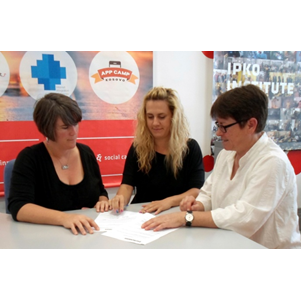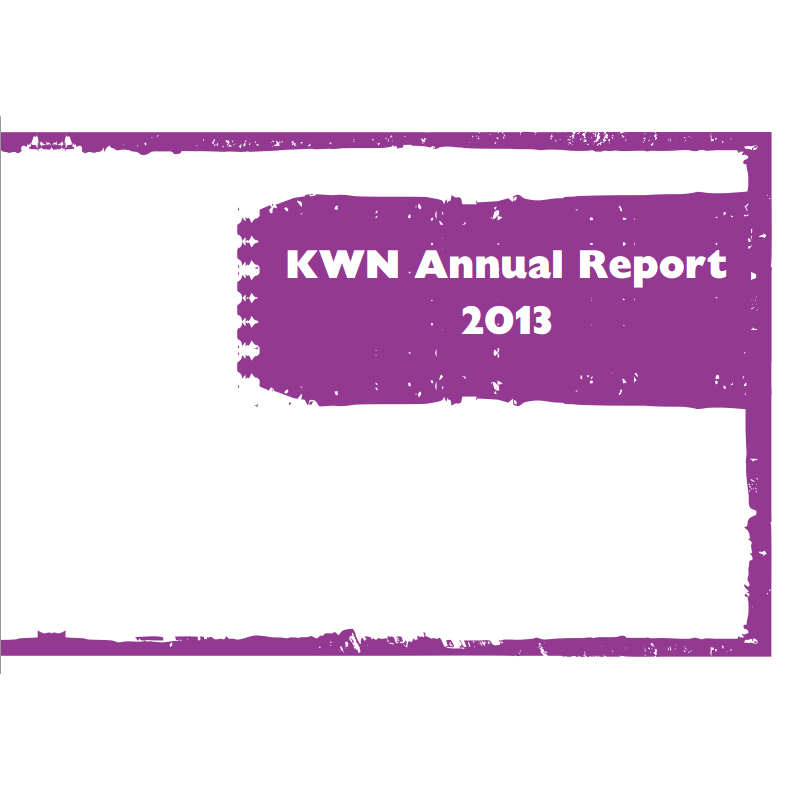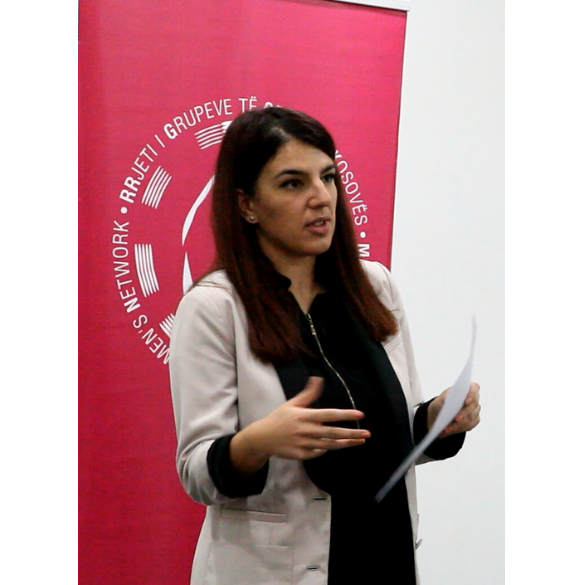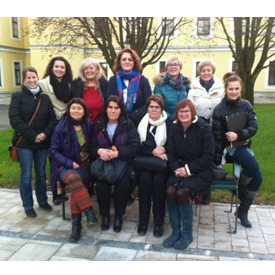The IPKO Foundation (IF) has donated €5000 to KWN’s programs and initiatives. On 23 July, the two organizations signed a memorandum.
“IF thought that donating money to KWN’s Kosovo Women’s Fund would be a very good opportunity for philanthropy,” said Teresa Crawford, IF Founding Board Member. “Since these funds have been given for KWN’s general purposes, KWN also can use them for other projects and activities.”
KWN plans to use the funds for advocacy and promoting women’s rights. IF and KWN also discussed various potential areas for future cooperation, including possible IF support for the Foundation for the Education of Girls “Çifti Buçinca” through its Next Generation Scholarships program.
“KWN also is working on empowering young women through the Young Women’s Empowerment Initiative,” KWN Executive Director Igballe Rogova said. “In order to empower youth, we must find ways to support their education. More networking can contribute to this.”
IF also offered to engage its scholars in assisting KWN members, such as by providing technology workshops. “Some of our scholars could hold informative sessions about technology and using social media for promoting work and activities,” said IF Program Manager Abetare Gojani.
“Social media can support KWN members’ advocacy,” Rogova agreed.
IF and KWN planned additional joint activities for promoting their work and finding additional financial support for KWN. Since IF is a member of the American Chamber of Commerce (AmCham) in Kosovo, it will look into hosting an event with other AmCham members, introducing them to KWN as potential future supporters.






